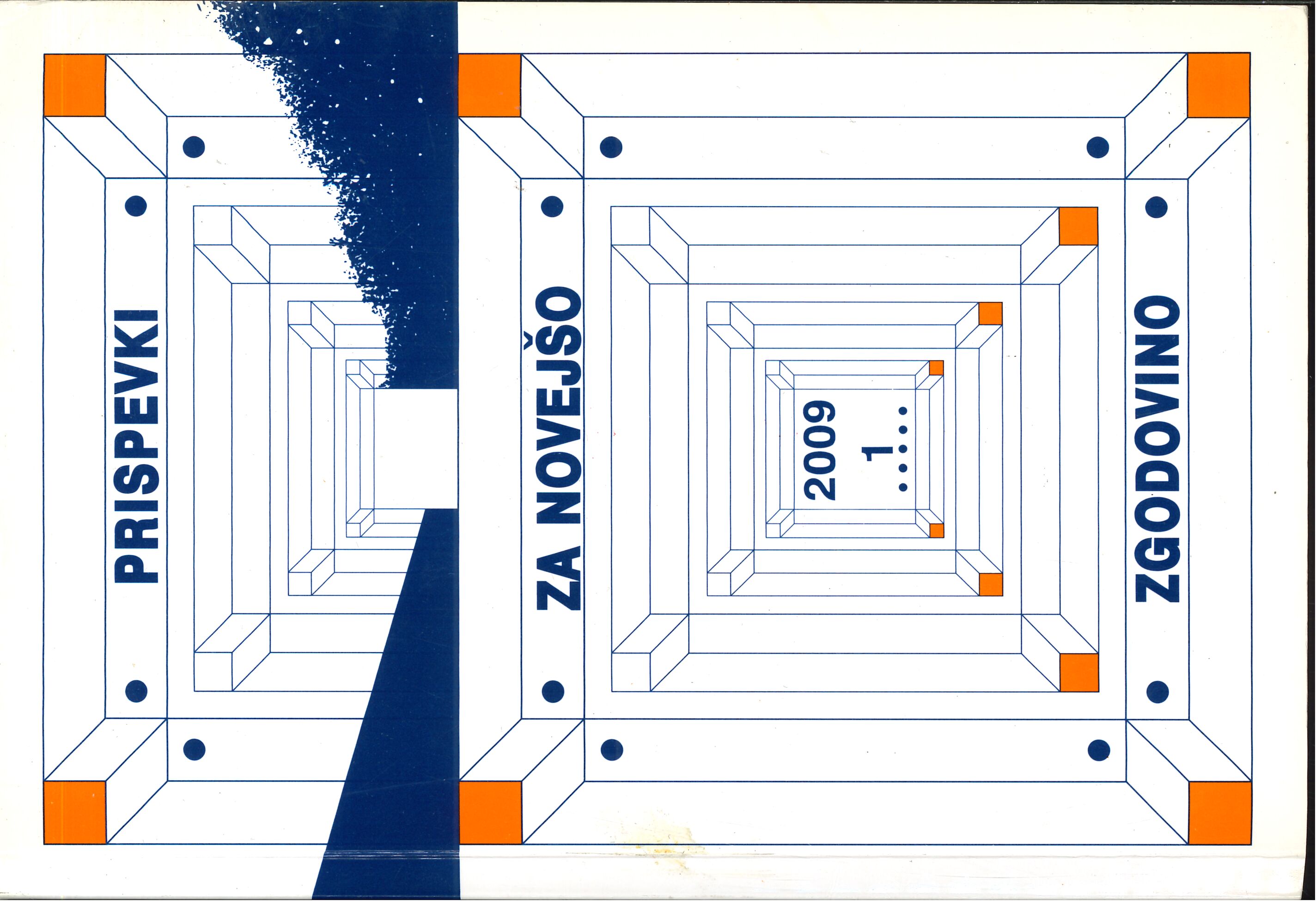New Orientation of Slovene Teachers in 1926. The Celje Declaration on the Depoliticisation of the Teachers' Professional Organisation
Keywords:
Edinstvo, Yugoslavia, Slovenia, politics, teachers, teachers' associations, depoliticisation, UJU - Association of Yugoslav Teachers, Slomšek's Association, Edinstvo SocietyAbstract
On the basis of newspaper sources (Učiteljski tovariš, Slovenski učitelj, Edinstvo) and archive materials of the teachers' association, the author presents the depoliticisation of the teachers' organisation Association of Yugoslav Teachers (Udruženje jugoslovanskega učiteljstva, hereinafter UJU) and the restored unity of the professional and trade union alliance of teachers in Slovenia. Initially the Association of Slovenian Teachers' Societies (Zaveza slovenskih učiteljskih društev, 1889) brought together all of the primary school teachers; however, towards the end of the 19th century, this teachers' professional organisation became distinctively liberally oriented in the political sense, thus the teachers of Catholic persuasion established their own association (Slomšek's Association / Slomškova zveza, 1900-1926). The politicisation of teachers served both main political parties, but not the teachers. The depoliticisation of the majority Slovenian teachers' organisation (UJU, the Ljubljana jurisdiction) succeeded as late as in 1926 thanks to the efforts of teachers from the Koroška and Štajerska regions, when in July 1926 the Declaration on Depoliticisation was adopted in Celje on their initiative. This Declaration allowed for the teachers of various ideological and political orientations to join the UJU teachers' associations. Teachers of Catholic persuasion joined the association, so in the end of 1926 the dual nature of the Slovenian teachers' professional associations came to an end.
Downloads
Published
Issue
Section
License
Authors who publish with this journal agree to the following terms:
- Authors retain copyright and grant the journal right of first publication with the work simultaneously licensed under a Creative Commons Attribution License that allows others to share the work with an acknowledgement of the work's authorship and initial publication in this journal.
- Authors are able to enter into separate, additional contractual arrangements for the non-exclusive distribution of the journal's published version of the work (e.g., post it to an institutional repository or publish it in a book), with an acknowledgement of its initial publication in this journal.
- Authors are permitted and encouraged to post their work online (e.g., in institutional repositories or on their website) prior to and during the submission process, as it can lead to productive exchanges, as well as earlier and greater citation of published work (See The Effect of Open Access).


